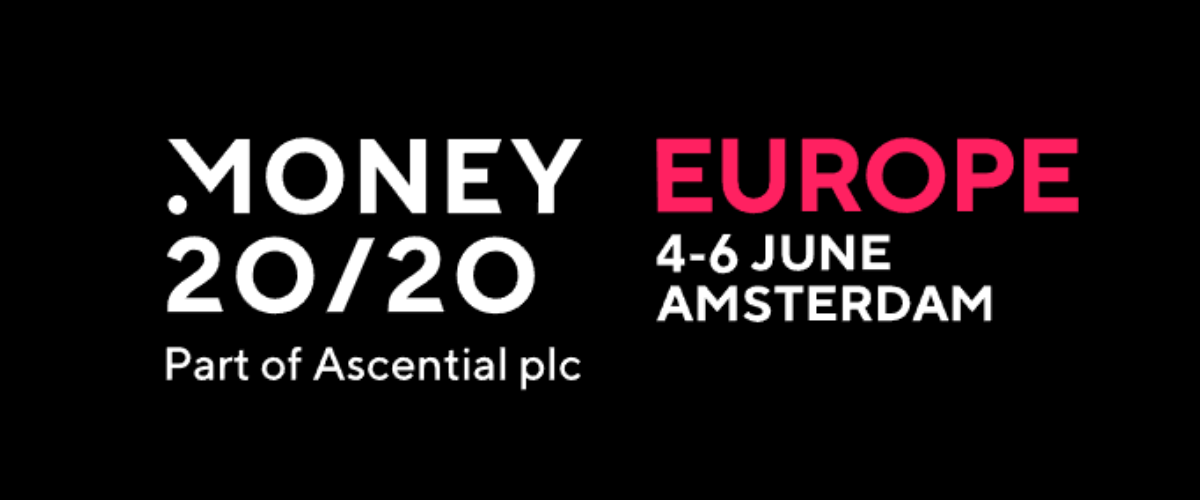Dive into the dynamic world of finance with our latest analysis highlights, exploring hot topics like from the challenges of retaining startup talent after acquisitions to climate goals for 2030, the reopening of the IPO window in sectors like SaaS and more.
Moody’s: Financial Crime at Shell Companies – The Key Signs (Contxto)
Moody’s Analytics Senior Director, Ted Datta, discusses how regulators can identify if a shell company is being used for financial crime. Shell companies, although not always associated with illicit activities, exhibit certain behaviors that may indicate a heightened risk of involvement in financial crimes. Datta identifies seven key red flags associated with shell companies that warrant further investigation. These include a single individual holding an unusually large number of director roles, mass registration of companies to the same address or name, the age of a registered director being highly unusual, dormancy, circular ownership structures, financial anomalies, and the director residing in a different jurisdiction. By proactively identifying and addressing these behaviors, organizations can mitigate reputational damage and comply with regulations. Datta emphasizes the importance of integrating behavior analysis into compliance processes to gain actionable insights into shell companies and their activities. Read more
How digital communications foster better experiences (Fintech Global)
Smart Communications, a company focused on improving customer experiences, explores the evolution of patient experience in healthcare. Patient care is now more personalized, emphasizing elements like timely appointments and effective communication. The Agency for Healthcare Research and Quality and the UK’s National Health Service categorize patient experience dimensions, reflecting a shift towards tailored care. Communication, a key aspect, involves various forms, but analog written communications pose challenges. Digital solutions like SmartCOMM™ aim to streamline communication by managing templates, integrating with health systems, and utilizing the patient’s preferred channel. This reflects a broader trend in the healthcare industry towards more efficient and personalized care, with technology playing a crucial role in improving communication and overall patient experiences. Read more
Navigating the evolution of Open Banking and Open Finance (The Paypers)
Amit Mallick, Global Open Finance Lead at Accenture, discusses essential factors and strategies for the success of Open Finance initiatives. He highlights the significance of the Open Banking Implementation Entity (OBIE) and consumer-facing apps like Yolt in driving standardization and adoption. The evolution of large fintechs, known as Open Banking ‘unicorns,’ and the involvement of traditional financial and government institutions, such as the UK’s HMRC, indicate the expanding influence of Open Finance. Mallick explores the evolving role of traditional banks, emphasizing Banking-as-a-Service and Banking-as-a-Platform models. He also touches on promising Open Finance use cases like Confirmation of Payee, Corporate and Treasury APIs, credit decisioning, variable recurring payments, and bank-provided digital identity. The future landscape of Open Finance is envisioned as a collaborative ecosystem, with various players contributing unique value. Mallick emphasizes the importance of data security and privacy, mentioning frameworks, modern consent management, data minimization, and encryption as crucial elements for building trust and adoption. Read more
The history of banking technology vs the history of banking experience (Fintech Futures)
The history of banking has witnessed rapid technological evolution, marked by decreasing costs in storage and memory capacity. The FinovateEurope conference showcased cutting-edge banking technology, emphasizing AI’s role in keeping up with rapid changes. Despite transformative technological advancements in banking processes, the emotional aspects of banking, such as building positive relationships with money, remain largely unaddressed. The article calls for a shift in the conversation towards using technology to enable positive money experiences through education, planning, advice, and other innovative approaches. Read more
We need to rethink cross-border money movement for the mobile generation (The Paypers)
Cross-border payments are facing challenges, including high fees, long settlement times, inefficient processes, and a lack of transparency. Despite the dynamic changes in payments over the last decade, cross-border transactions continue to pose difficulties for consumers and businesses. The demand for smoother, more convenient, and faster cross-border payments is increasing, driven by the growth of global remittances and e-commerce sales. With the rise of the gig economy and a shift toward digital-first platforms, traditional banks need to innovate and provide faster, more transparent cross-border payment services to retain and attract customers. Currencycloud, part of the Visa family since 2021, aims to address these challenges by enabling rapid and secure payments processing between over 180 countries in 35 different currencies. Read more
–
Do you have any news to share? Please put feed@hollandfintech.com on your press list.
Curious to read and find out more from fintech? Then subscribe & read our full newsletters here. Stay tuned for more insights following up this week regarding the news piece.



